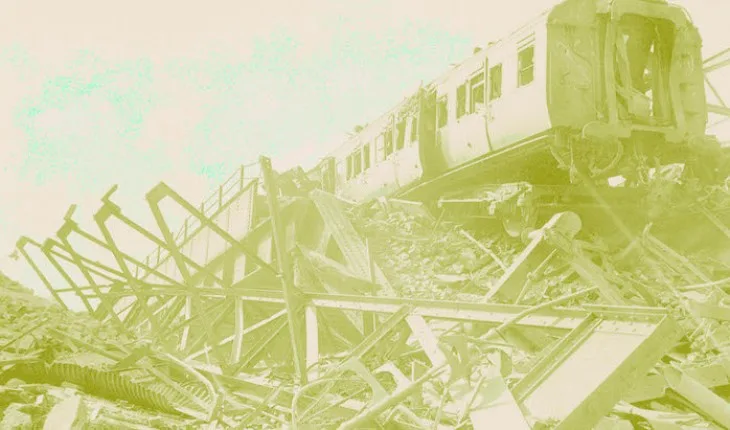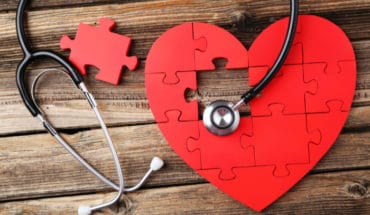It may seem like the junior doctors are being battered and harried as a group by events, but they are probably enjoying a renewed sense of confidence and optimism. The secret lies in the phrase ‘in a group.’
When people feel united against a common foe, a sense of common purpose and ‘us against them’ can actually boost the morale.
However, doctors are definitely in ‘survival mode’ and later the immense stress of the current situation is likely to come back to haunt them. A large scale study that looked at the consequence of conflict for civilians who survived the World War Two found that living in a warzone increased the likelihood of physical and mental problems later in life. People who lived through the war were nearly six per cent more likely to have depression, according to the study by researchers at the University of Munich.
Of course, the junior doctors are not living through the Blitz of the fear of death from bombing raids but they are in a very perilous position where they feel under attack. They also probably feel very conflicted and angry.
Social media will be a boon to junior doctors who have formed online support groups to help them share information and opinions. For now, it will be helping them to unite and bond more closely. No wonder, Jeremy Hunt has complained about the Facebook cabals.
Doctors are the ‘good guys’ who choose to dedicate their lives to helping people in a very obvious way. They tend to be very ethical and think of others. So this strike, where they have to walk away from patients who might need them (even if they have arranged for consultants to cover and for procedures to be delayed) will be a moral dilemma for them.
There have been cases when medical staff have taken their own lives when they have considered they have broken this strict ethical code – as when Jacintha Saldanha, the nurse who fell for the prank call about the Duchess of Cambridge, was found hanged in 2012.
The junior doctor Rose Polge who recently walked out of her shift and was never seen again, may also have been driven to despair by her desire for justice and her strong ethical code to look after her patients, although we don’t know all the facts of that sad case.
However, most junior doctors will be finding that their sense of natural justice and their own human rights trumps their finer feelings for patients who will be put at inconvenience.
After the struggle is over – whether they win concessions or are forced to accept that their terms an conditions of service have been substantially altered for the worse – the doctors will feel the exhaustion of combatants after the event.
If they lose and have to accept the new contract, the exhaustion will be profound and they will feel further abandoned, undervalued and taken for granted. But doctors do seem to be facing the abyss and finally saying enough is enough. My father was a doctor and worked 100 hour weeks, but that was fifty years ago. Doctors now are saying they are not prepared to turn the clock back to when overwork was part of the NHS culture – not for themselves, not for patients and not for their families.
The public seems to be with them. They seem to realise that if doctors – the decent folk in society – are prepared to say no then there really must be something unsustainable about Jeremy Hunt’s new contracts. As long as the doctors can rely on that support, and the support of their peers, they do look like an undefeatable band. But there will be casualties in terms of rising numbers of doctors with longer term mental health problems because of this struggle.







